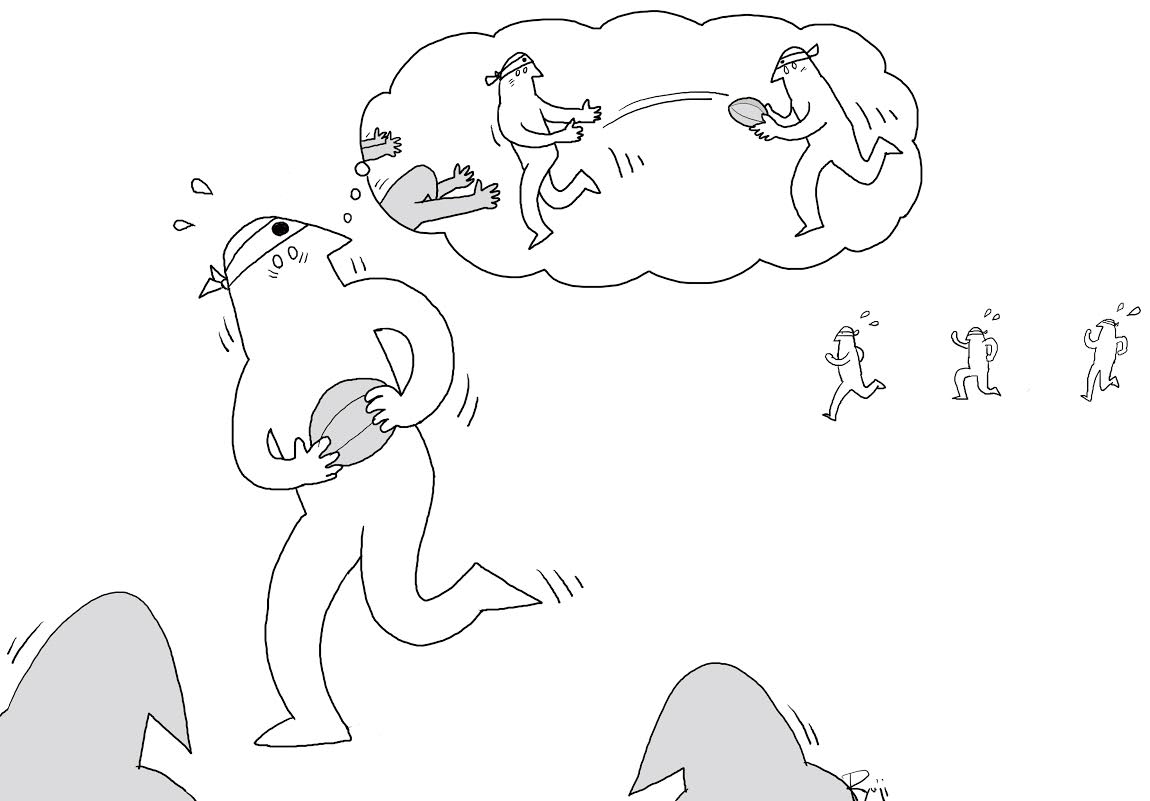"The successor to Prime Minister Shinzo Abe cannot be anybody but himself," said Toshihiro Nikai, secretary-general of the ruling Liberal Democratic Party, in a Jan. 10 interview with the Nikkei financial newspaper, thereby expressing support for Abe's re-election as LDP president next year for a third term. Nikai's remark may sound too premature given the length of time before the September 2018 party presidential race, but no voices of opposition or resentment have been heard among LDP lawmakers.
It's already a foregone conclusion that the LDP will change its rule at the party convention in March to enable its chief to run for up to three consecutive three-year terms, instead of the current maximum of two terms. If Abe were to be re-elected for a third time next year, his tenure would run through September 2021. That means he could be in office another four years and seven months. In which case Abe, who has been at the government's helm for more than four years since he returned to power in December 2012, has yet to reach the halfway point of his administration.
A number of factors point in that direction. Abe's Cabinet retains strong approval ratings of 50 to 60 percent, with popular support for his LDP way ahead of other parties at around 40 percent. Nobody within the LDP appears to be challenging him as a potential rival. Support for the No. 1 opposition Democratic Party remains dismal — a senior LDP lawmaker has likened its support rate to the consumption tax rate of 8 percent — making the chances of the party again replacing the LDP in power as remote as ever. Backed by his long-running grip on power at home, Abe's presence in the international community is said to be growing, particularly among leaders of the Group of Seven major powers.



